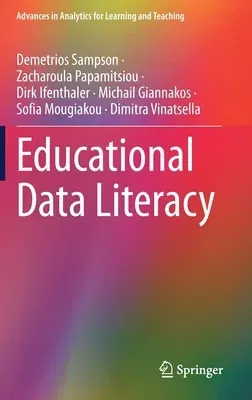Digital Education is recognised as a key transformative innovation for
K-12 school and university teaching and learning, as well as, for
professional development and vocational training. As a result, blended
and online courses are nowadays widely deployed to meet the needs of
K-12, higher education and vocational training students, as well as, the
needs for professional development of in-service professionals. In this
context, important professional roles in digital education and training,
such as, the Instructional Designers, who design and develop online and
blended courses, and the Trainers or Tutors who support the delivery of
these online and blended courses, require new professional competences
compared to those assumed at the traditional face to face education and
tra ining programs.This is particularly relevant today, in the post
Covid-19 era, where educational organisations, leaders and teachers are
challenged with reinventing their teaching and learning environments to
offer higher quality, more accessible and inclusive teaching, learning
and assessment. Educational Data Literacy (EDL) is a core competence for
all education professionals, including school teachers, instructional
designers and tutors of online and blended learning courses, as well as
educational institutions' leaders. Nevertheless, existing professional
competence frameworks for educators pay little attention to EDL, missing
out the potential of using emerging EDL methods and tools in online and
blended teaching and learning - thus there is a need for extending
existing professional competence frameworks for educators with new
competences to accommodate the emerging field of EDL. To this end, this
brief monograph presents a comprehensive proposal of an Educational Data
Literacy Competence Profile (EDL-CP) framework for education
professionals, as well as, exemplary learning outcomes for the proposed
EDL-CP framework, and use-case examples for indicative target groups,
namely instructional designers, e-Trainers and K-12 school teachers. The
work of this book has been produced within the project "Learn2Analyze --
An Academia-Industry Knowledge Alliance for enhancing Online Training
Professionals' (Instructional Designers and e-Trainers) Competences in
Educational Data Analytics" which is co-funded by European Commission
through the Erasmus+ Program (Cooperation for innovation and the
exchange of good practices - Knowledge Alliances).













